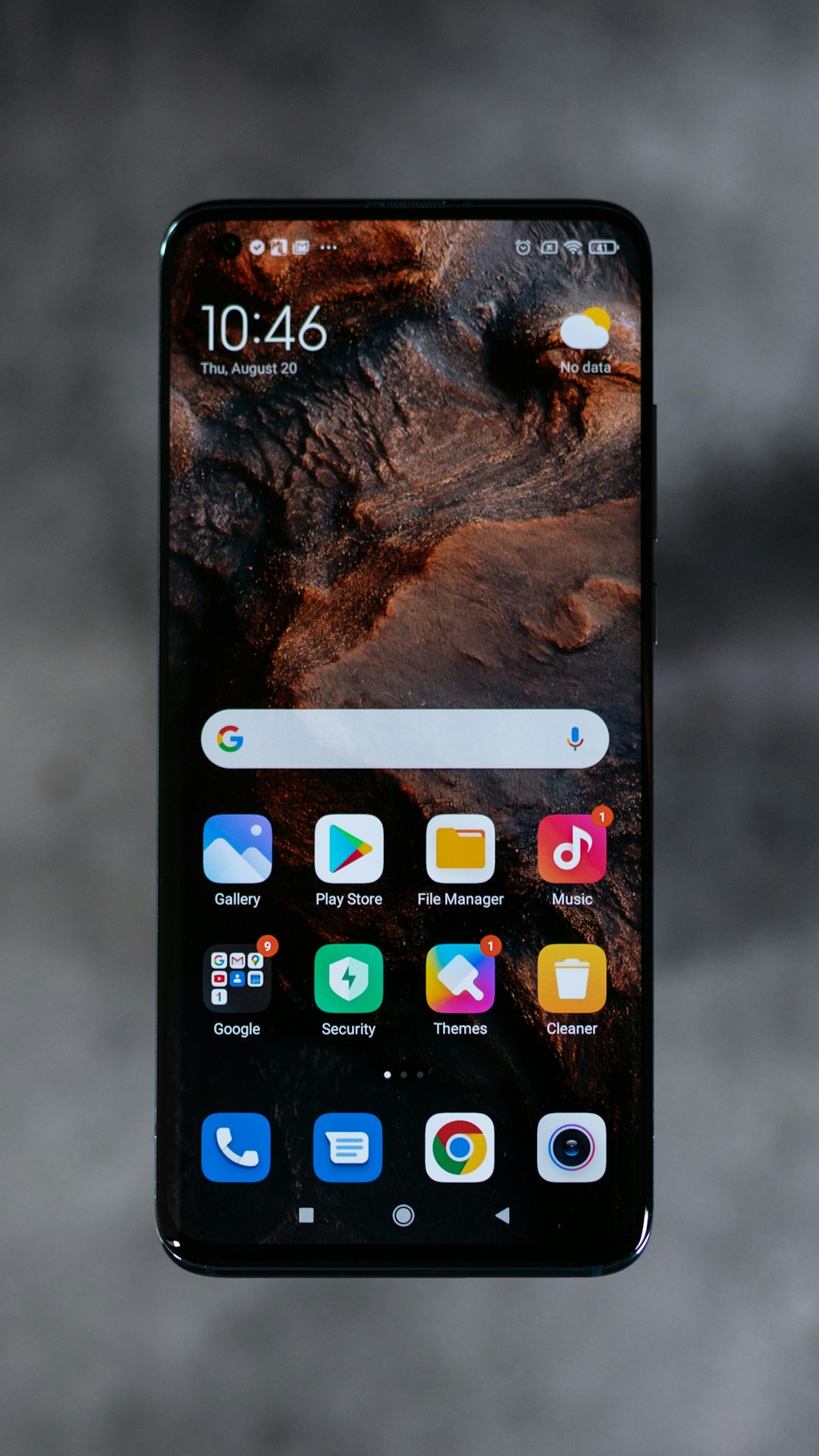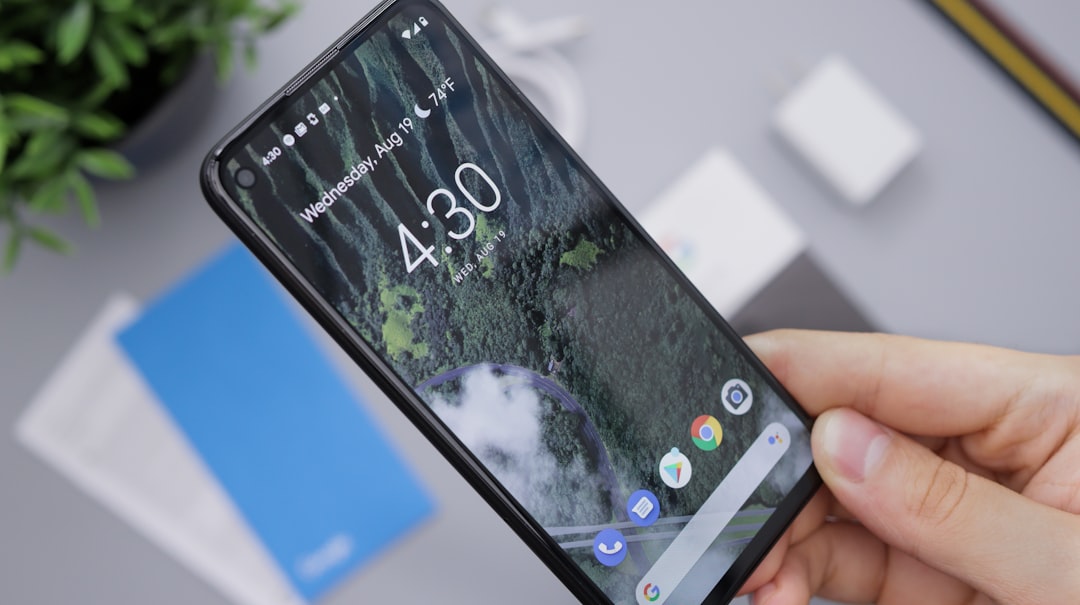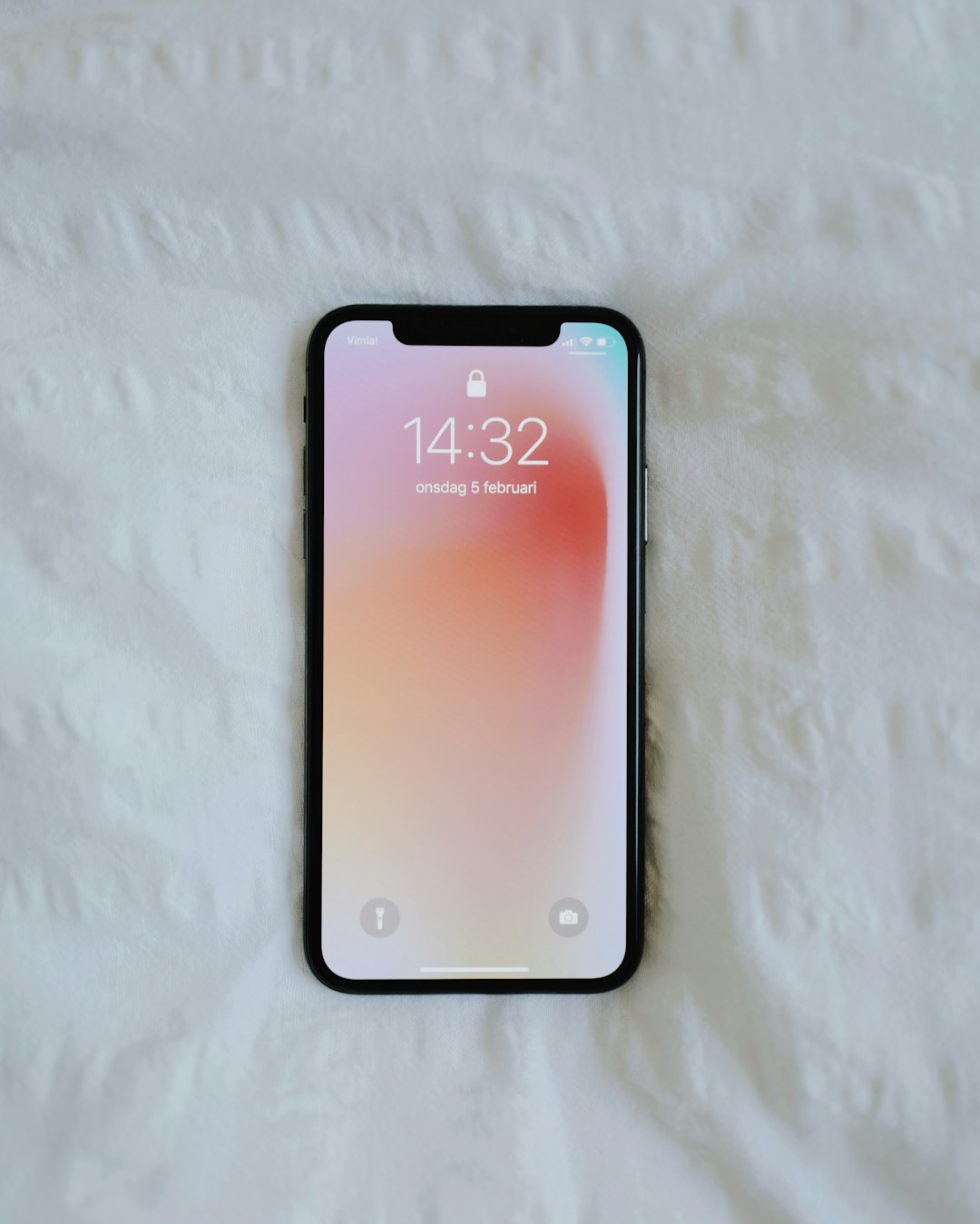Chicago and Illinois' strict Do Not Text laws regulate healthcare providers' electronic communication to protect patients from risks associated with text messaging. These laws prohibit sending or receiving PHI unless secure systems and explicit patient consent are in place, with significant penalties for non-compliance, emphasizing data security and privacy safeguards.
In Illinois, understanding and adhering to “do not text” laws is crucial for healthcare providers looking to maintain patient safety and privacy. This article delves into the key regulations governing texting in healthcare, focusing on Illinois’ specific legal framework. We explore Chicago’s unique approach to medical communication, discuss potential legal implications of non-compliance, and offer best practices for secure patient interactions, ensuring compliance with Do Not Text laws while enhancing patient care.
Illinois Texting Laws: Key Regulations for Healthcare

In Chicago and throughout Illinois, healthcare providers must adhere to strict regulations regarding electronic communication, specifically the state’s Do Not Text laws. These laws are designed to protect patients from potential risks associated with text messaging in a medical setting. The key regulation revolves around the prohibition of sending or receiving text messages containing protected health information (PHI) of patients unless certain conditions are met.
Healthcare providers can only use text messaging for business purposes if they have a secure, encrypted system in place and obtain explicit patient consent. This means no texting about patient cases or sharing medical records via text. Violations of these rules can lead to significant penalties, underscoring the importance of staying compliant with Illinois’ Do Not Text laws to ensure patient data security and privacy.
Protecting Patients: Do Not Text Guidelines

In the bustling healthcare landscape of Chicago, maintaining patient privacy and safety is paramount. The Illinois “Do Not Text” laws specifically target healthcare providers to ensure sensitive information remains secure. These guidelines are designed to protect patients from potential breaches of confidentiality. By adhering to these rules, medical professionals can safeguard personal data, preventing unauthorized access and ensuring patient trust.
The Chicago do not text laws emphasize the importance of secure communication practices. Healthcare providers must understand that texting can pose significant risks when discussing patient cases, especially if the information is sent via unsecured platforms. Therefore, it’s crucial to opt for more secure methods of documentation and communication to maintain compliance with state regulations and uphold the highest standards of patient care.
Chicago's Approach to Medical Communication

In Chicago, navigating medical communication is subject to unique regulations shaped by the city’s understanding of the sensitive nature of healthcare discussions. The Do Not Text Laws specifically targeting healthcare providers in Illinois underscores a commitment to ensuring patient privacy and safety. This stringent rule reflects Chicago’s stance on responsible medical communication, where digital messaging—once a convenient tool for quick updates—is now carefully regulated to prevent potential breaches of confidential information.
The city’s approach emphasizes the importance of face-to-face interactions or secure alternative communication channels for healthcare providers. By adhering to these guidelines, Chicago ensures that patient discussions remain protected, fostering trust between medical professionals and their patients within the urban landscape.
Legal Implications for Non-Compliance

In Illinois, strict regulations are in place regarding communication between healthcare providers and patients, primarily focusing on the prohibition of sending or receiving text messages containing protected health information (PHI). These “Do Not Text Laws” in Chicago aim to safeguard sensitive patient data from potential breaches. Non-compliance with these rules can have significant legal implications for healthcare providers. Penalties include fines and other penalties outlined in the Health Insurance Portability and Accountability Act (HIPAA) regulations, which govern the protection of PHI.
Healthcare organizations must ensure their staff is adequately trained on the proper use of communication technologies to avoid accidental text message disclosures. Failure to comply can lead to legal repercussions and damage the provider’s reputation, as patients expect their personal health information to be treated with utmost confidentiality.
Best Practices for Secure Patient Interaction

In compliance with the Illinois Do Not Text laws, healthcare providers in Chicago must adhere to secure and effective communication methods with patients. This involves prioritizing in-person or phone conversations for sensitive discussions related to health and treatment plans.
Best practices include ensuring privacy during interactions, using encrypted platforms for digital communications, and documenting patient consent for non-face-to-face consultations. By respecting these guidelines, healthcare providers can maintain the confidentiality of patient information while providing efficient care in Chicago’s fast-paced medical landscape.






